Ivabrad
✅ Reduces heart rate
✅ Improves exercise tolerance
✅ Alleviates angina symptoms
✅ Minimizes heart failure risk
✅ Enhances myocardial perfusion
Ivabrad contains Ivabradine.
Product Overview
Ivabrad is a pharmaceutical formulation containing Ivabradine as its active component. As a selective inhibitor of the If current in the sinoatrial node, it effectively reduces heart rate. This therapeutic agent is indicated for managing chronic stable angina pectoris and heart failure. By decreasing cardiac rate, Ivabrad diminishes myocardial workload while enhancing cardiac output efficiency.
Indications
This medication is principally prescribed for:
– Chronic stable angina pectoris (chest pain resulting from diminished coronary blood flow)
– Heart failure with reduced ejection fraction in patients maintaining sinus rhythm (≥70 bpm resting heart rate)
Therapeutic benefits include improved exercise capacity, reduced angina frequency, and decreased hospitalization risk for heart failure exacerbation.
Administration Guidelines
For optimal results:
– Take tablets orally with meals at consistent daily intervals
– Individualize dosage according to patient’s heart rate response and tolerance
– Strictly adhere to prescribed dosing regimen
– Avoid abrupt discontinuation (may precipitate rebound tachycardia)
Mechanism of Action
Ivabrad exerts its pharmacological effect through selective inhibition of the If current in the sinoatrial node – the heart’s natural pacemaker. This action:
– Reduces spontaneous depolarization rate
– Lowers heart rate without negative inotropic effects
– Decreases myocardial oxygen demand
– Enhances coronary perfusion
Dosage Protocol
Chronic Stable Angina:
– Initial: 5 mg bid
– Maximum: 7.5 mg bid (based on response)
Heart Failure:
– Initiate at 2.5 mg bid
– Titrate gradually to maximum 7.5 mg bid
Special Populations:
– Exercise caution in bradycardic, hypotensive, or hepatically impaired patients
– Requires dosage modification in these cases
Therapeutic Advantages
Clinical benefits include:
– Significant heart rate reduction
– Enhanced exercise tolerance
– Symptomatic relief in angina and heart failure
– Reduced cardiovascular event risk
– Favorable safety profile for monotherapy or combination regimens
Adverse Effects
Frequent:
– Bradycardia
– Visual disturbances (luminous phenomena, phosphenes)
– Dizziness
– Fatigue
– Cephalalgia
Serious (rare):
– Atrial fibrillation
– Conduction abnormalities
– Symptomatic hypotension
Precautions
Contraindications:
– Acute decompensated heart failure
– Severe hepatic dysfunction
– Resting HR <60 bpmMonitoring Requirements:
– Regular cardiac rate assessment
– Blood pressure surveillance
– Visual symptom evaluation
Storage Conditions
– Maintain at 20-25°C (68-77°F)
– Protect from moisture and heat sources
– Keep in original packaging
– Store away from children and pets
– Properly dispose expired medication
Medical Disclaimer
The provided information is:
– Expert-reviewed and evidence-based
– Intended for educational purposes only
– Not a substitute for professional medical advice
– Subject to potential omissions regarding:
* Complete side effect profiles
* Drug interactions
* Contraindications
Always consult your healthcare provider for personalized medical guidance. This content aims to supplement, not replace, professional medical judgment.
| Strength | 7.5 mg |
|---|---|
| Quantity | 30 Tablet/s, 60 Tablet/s, 90 Tablet/s, 180 Tablet/s |
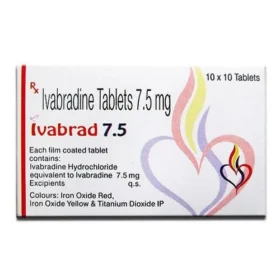 Ivabrad
Ivabrad










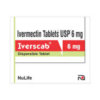
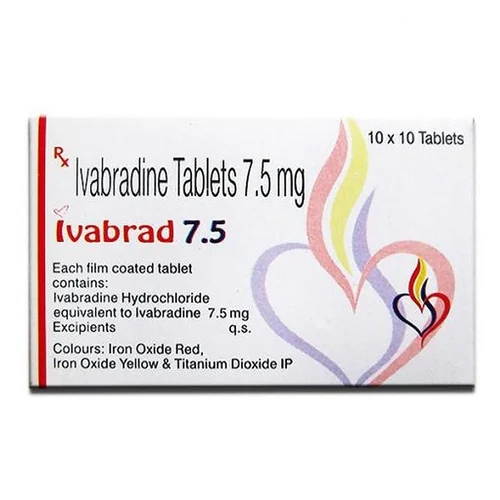
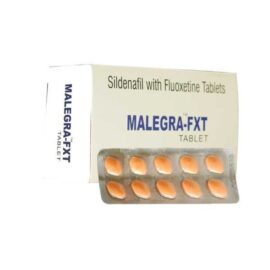
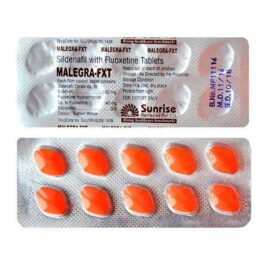
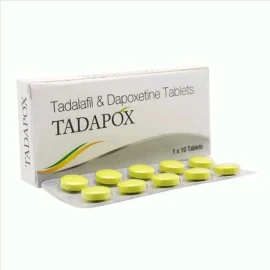
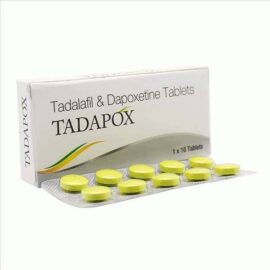
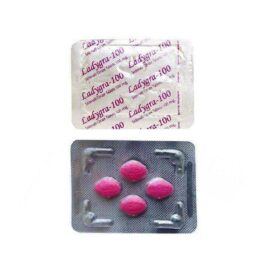



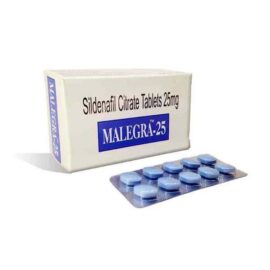
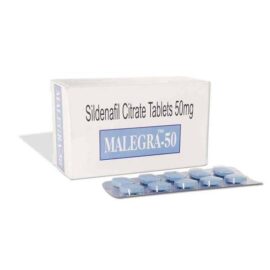
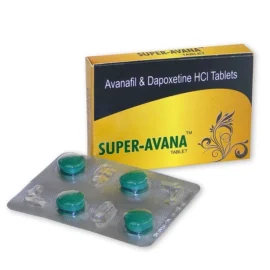

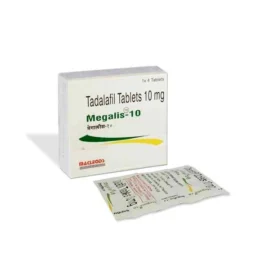
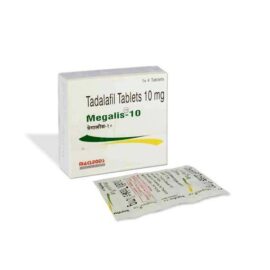
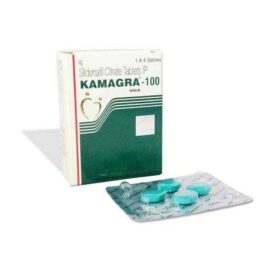
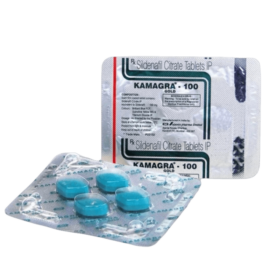
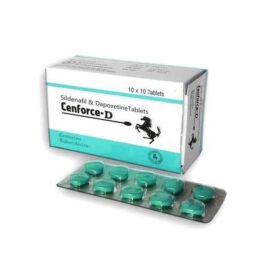
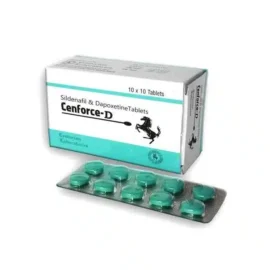



Reviews
There are no reviews yet